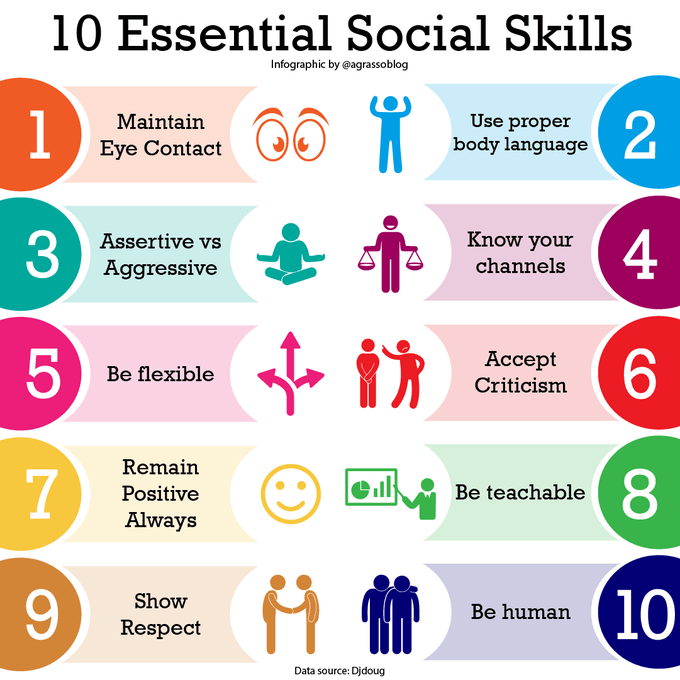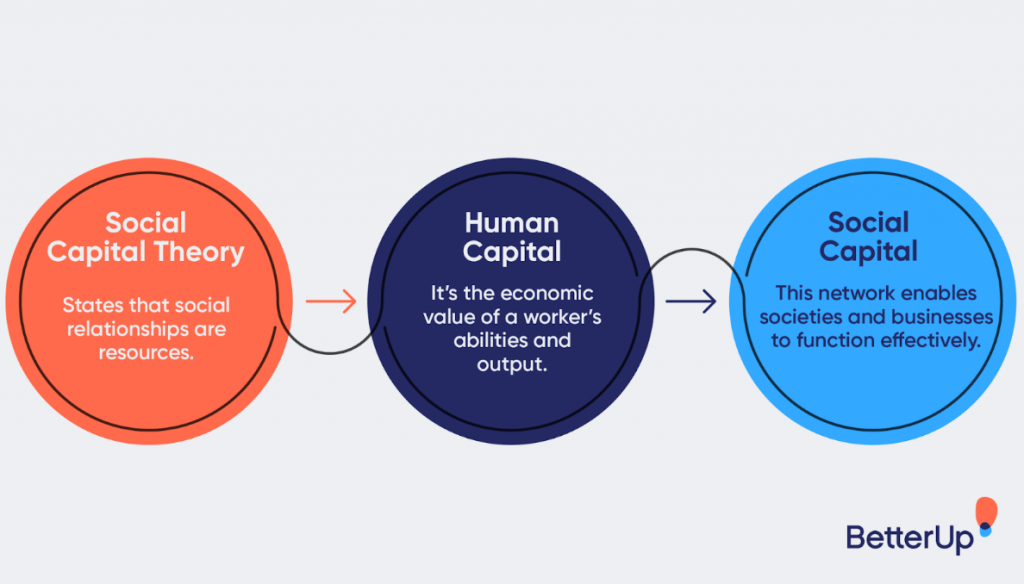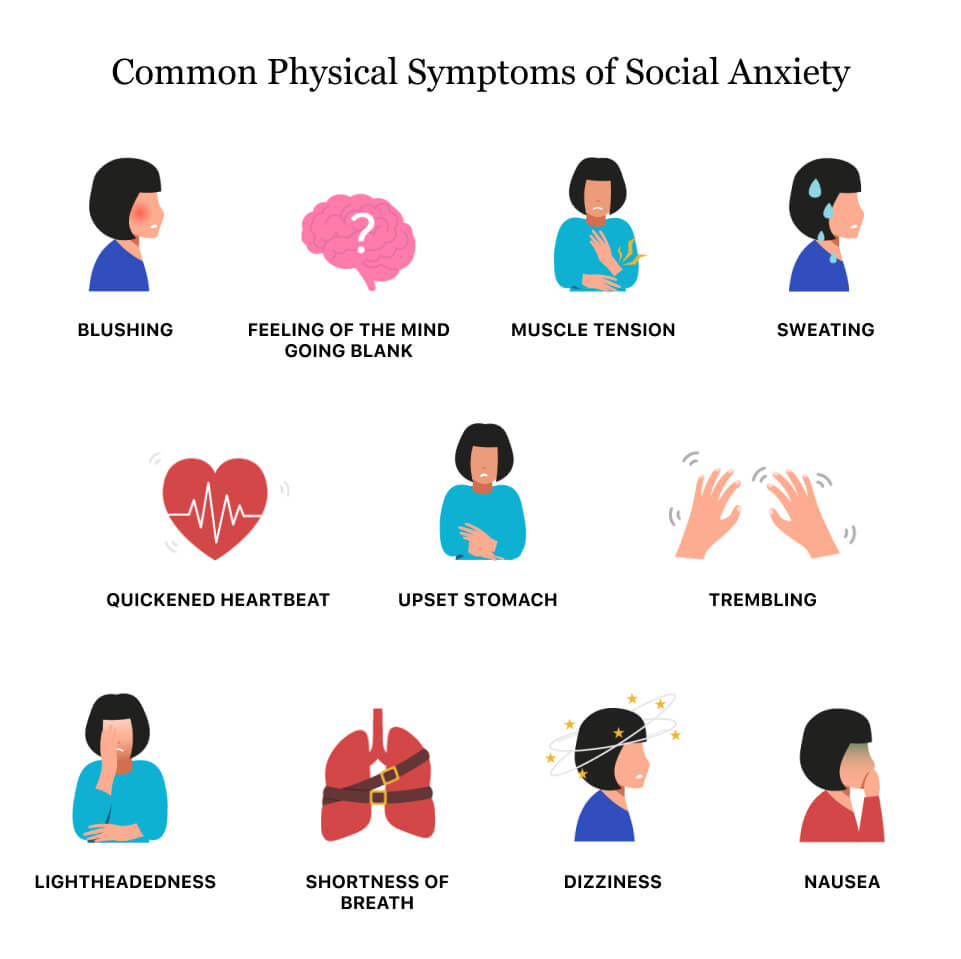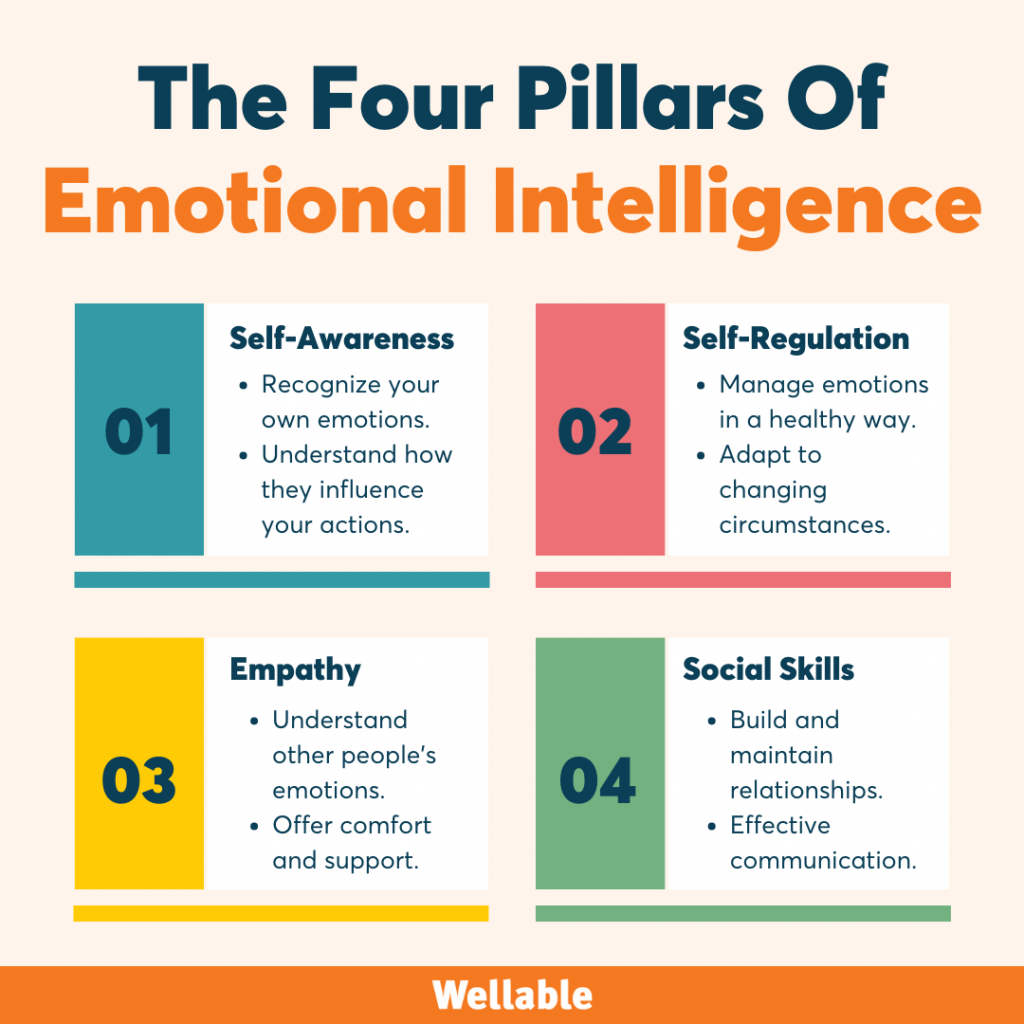Social skills are essential to your personal and professional life in a world that thrives on communication. The ability to navigate social situations easily is important whether you want to make new friends, strengthen existing relationships, or improve your career.
Improving social skills isn’t just about making small talk or having polite conversations; it’s about building connections that create strong bonds. These bonds enrich your lives, but they also lead to professional success. Learning social skills is an ongoing process that allows you to develop your skills and confidence to form lasting relationships. Promising to improve yourself is the first step towards a more fulfilling and successful life, whether you are just beginning to improve your social skills or you want to take your existing skills to a higher level.
You can find the entire scope of social skills and practical ways to improve them in this comprehensive guide.
What Are Social Skills?
A wide range of behaviors and skills that allow effective social interaction are covered by social skills. Those skills are verbal and nonverbal communication, the ability to engage in active listening, emotional intelligence, and confidence to navigate social situations gracefully.

Building up social skills will let you understand and refine various aspects of social interaction. This is to develop the ability to engage in conversation skills more effectively, including verbal and nonverbal communication skills. When we’re interacting with others, even strangers, it will also make us feel more comfortable.
Socializing is not something you can get immediately; only through practice and a willingness to break away from your comfort zone. Socialness can be cultivated over time. It’s an investment in yourself that yields great rewards, whether you want to know how to be better social or improve your personal relationships.
The Benefits of Having Good Social Skills
There are many benefits to good social skills. They will help you build stronger bonds with friends, family, and colleagues. Networking, team cooperation, and even leadership qualities can be reached through effective social skills. Solid social skills can help you feel more confident when faced with various situations.
Cultivating Social Capital
Developing good social capital is similar to how to improve social skills. It can bring significant benefits for the personal and professional sides of life. In networking situations, the ability to start a conversation with people who are feeling awkward, make them feel comfortable, and forge connections is an invaluable skill. These skills can be used by those who feel shy or clumsy when they’re in front of a crowd.

Initiating Conversations and Making New Friends
One of the best ways to improve your social skills is by actively engaging in social life, making new friends, starting conversations, and improving your interpersonal skills. This interaction can be handled gracefully by those who initially find it uncomfortable. The transformation starts by practicing the art of communication with others. Make it easy for others to contact you by creating an email signature and adding links to your social media profiles and website. You can also use tools like Uniqode’s business card, which offers a digital, QR-based way to instantly share your contact information—perfect for networking events, casual meetups, or even virtual calls.
Ways to Improve Social Skills
You are not alone in your efforts to find the answer to how to build social skills, and it’s a journey that will take time. Many people want to improve their skills in public life and create a supportive community that will give them encouragement and guidance during the journey.
Developing your social skills requires consistent practice. So, practice your social skills like an athlete develops their abilities through specific exercises. Interaction with other people is an opportunity to practice your social skills, and in the end, you will feel at ease and self-confident in various situations. Below is a list of valuable tips to help develop your social skills.
Overcoming Social Anxiety
Social anxiety often stems from a lack of social interactions. If you’re feeling nervous or socially isolated, know that you’re not alone. Social awkwardness is a specific social problem most people deal with, so it’s essential to recognize that. The good news is we can practice and improve social skills, as with any skill. You can effectively overcome societal anxiety by exposing yourself to various situations and slowly expanding your comfort zone.

The first step towards overcoming social anxiety is to practice social skills. It won’t be easy at first, but getting involved with people will make you more comfortable. Remember that social skills are not an inherent talent but a result of experience and learning. As you become used to the fluctuations and changes in what’s going on around you, your ability to cope with social situations will improve over time.
Don’t worry about social anxiety; you will be fine. To overcome social anxiety and unlock a world of meaningful social interactions, embrace the challenge and practice social skills. A lack of confidence in the social environment often causes social anxiety.
Mastering Body Language
There is a major role played by nonverbal communication, for example, body language and tone of voice. To effectively communicate our intentions and emotions, we will discuss techniques for mastering body language to improve your social life. You can use a few practical tips and tricks to learn more about nonverbal communication.
- Keep the conversation going. It’s about active listening, showing that you’re engaged in the conversation, and using nonverbal signals to communicate your interest. In short, nodding your head and using open body language signals (hold your back straight) that you are listening to the conversation inspires more intense and meaningful interactions.
- Smiles: You can make yourself appear friendly and accessible with a genuine smile. This is one of the most powerful instruments in your nonverbal communication arsenal for different social situations.
- Mirroring: it’s possible to build rapport when you mirror someone else’s body language. You’re allowed to lean a little bit when they are leaning in. You can do that, too, if they use a hand gesture.
Developing Good Social Skills
It’s a complex journey to develop and refine your social skills. Especially if you’re speaking to someone for the first time, you can ask yourself how to increase your social skills. Well, it takes a combination of intelligence, practice, and social grace.

Good manners go a long way to developing good social skills. Everybody appreciates politeness and consideration. Especially if you meet somebody new, it can form the basis for a positive interaction. Whether it’s a simple “please” and “thank you” or holding the door open for a stranger, these small gestures contribute to the overall impression you make.
Moreover, engaging when you strike up a conversation with someone new is an excellent opportunity if you want to practice your social skills.
Effective Socialization Techniques
Socializing doesn’t have to frighten; it might be fun and beneficial. To improve your social skills, here are some simple and effective techniques:
- Engaging in small talk is an art. Start with light topics, like the weather or a recent event. Small talk serves as the foundation for more interesting conversations.
- Work on improving your social skills. Here are some tips to improve social skills: listening more than speaking, maintaining eye contact, and being genuinely interested in others. This small change could have a big impact.
- Stop going with the flow. Social situations have a dynamic nature. Instead of sticking to a script, learn to adapt to every situation. Flexibility makes interactions simpler and more enjoyable.
- Conquering the struggle with social anxiety. Start small if you get nervous in social situations. Go to lowkey gatherings with a friend to practice. Gradually, you’ll have to step out of your comfort zone.
- Bilateral exchange. Social interactions are a two-way street, so you should even give more than you get. Contribute to conversations, share your thoughts, and be open. A balanced exchange makes interactions more fulfilling for everyone.
Enhancing Emotional Intelligence
Forming meaningful bonds with others is one of the most important aspects of emotional intelligence. People who want to interact effectively in society must grow this skill. It’s not just about avoiding social awkwardness; it’s about actively starting and maintaining conversations to foster genuine connections.

The Art of Asking Open-Ended Questions
Connecting is more than exchanging words; it’s about creating dynamic dialogues that boost understanding and connection. Effective communication relies on the art of asking open-ended questions. You invite others to share their thoughts, experiences, and views in greater depth when you ask questions that are more than “yes” or “no.” This not only makes your conversation richer, but it also shows a great interest in the other person.
It’s a great way to show you appreciate their input and are looking forward to learning more. So, in your communication, don’t hesitate to ask open-ended questions. It’s a skill that can transform ordinary conversations into opportunities for meaningful connections.
Starting and Navigating Conversations
It is an art to start and navigate conversations beyond mere small talk. It’s about studying social signals, active listening, and making meaningful connections. As the dialogue progresses, the ability to tell the difference between casual jokes and a topic of genuine interest becomes essential.
The use of follow-up questions can be used to sustain dialogue. You don’t just enhance the conversation but also signal your interest and curiosity when you take a genuine interest in someone else’s thoughts or experiences. It’s like a dance where each partner responds to the other’s moves, creating a harmonious flow.
For those who may struggle with social interactions or are getting back socially after a period of absence, the skill of managing a team can provide valuable insights. Managing a team involves knowing one’s strengths, encouraging cooperation, and ensuring that everyone in the group feels listened to, skills enabling them to deal with social situations. The process can be more structured and less stressful if you use team management principles in social interactions.
Conquering Public Speaking Anxiety
Public speaking is a formidable task for many people. We will discuss strategies to overcome your fear of speaking to strangers in front of an audience and increase your confidence. Incorporating public speaking practice into your daily routine is one effective way of dealing with this fear. Consider putting it on your to-do list so that you can allocate some time for the practice of speaking in different settings. This regular practice, even in low-pressure situations, can significantly reduce anxiety when encountering a more formal social event or public speaking engagement.

Moreover, having a structured approach to public speaking can give you the tools you need to manage your anxiety. The toolbox for confidently managing speaking engagements may include techniques like controlled breathing, visualizing, and positive self-talk. You can strengthen your skills and ability to cope better with social events and public speaking occasions by gradually exposing yourself to the possibility of giving talks and using these tools.
Maintaining Eye Contact
Maintaining eye contact is a key aspect of successful social interactions. It’s not just a way of expressing confidence and sincerity; it’s a way of connecting with others more deeply. Keeping eye contact shows your active involvement and interest in what someone else is saying.
You can join a support group if you struggle with social interactions or want to improve your communication skills.
These groups provide a supportive environment where people can exchange experiences and acquire knowledge from each other. Going to coffee shops is another efficient way of training social skills. These settings allow you to observe, learn, and engage in conversations with other people in a casual environment. Remember, the success of your social activities can be greatly influenced by a tiny gesture, such as questioning a person and maintaining eye contact.
Building Strong Interpersonal Bonds
Finally, we’ll explore how to build strong interpersonal bonds. This includes making lasting connections in various social settings, from casual friendships to professional relationships.
That knowledge is temporary; it can be developed and improved quickly. From a personal relationship to your career, the benefits extend beyond any aspect of life. Incorporating this into your daily life will empower you to navigate social interactions with confidence, empathy, and grace. You will open up more meaningful friendships and a better social life. This will be of great value to those seeking a greater sense of ease in social situations, whether introverts or someone trying to excel at communicating professionally.
Social skills will provide you with strong intimate connections and a foundation for better communication at work and in private life. By practicing and refining these skills over time, you will significantly impact your social interactions and open doors to increased, more satisfying lives.
In Summary
Social skills are the key to effective communication and richer social interactions. Now, you have a complete guide with insights on social skills and their advantages and strategies to improve them. Put that knowledge to work, and you’ll discover your social skills have transformed from a potential weakness into a great strength, enriching your life in more ways than one.
Whether you’re an introvert who wants to break from your comfort zone or a professional trying to improve his career chances, social skills will be your key to success. So get into it, practice, and see how your life changes for the better.


